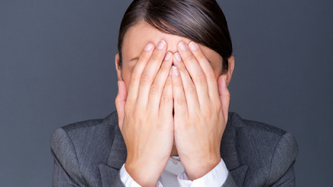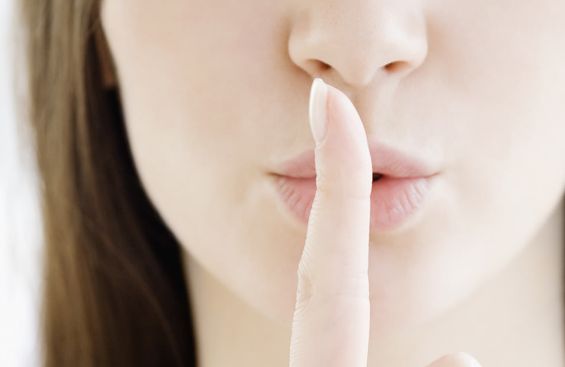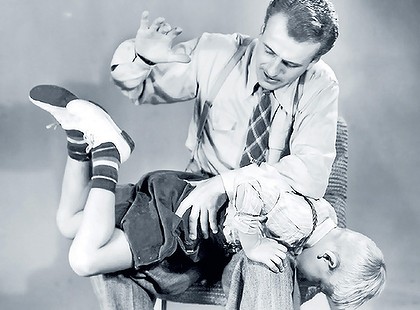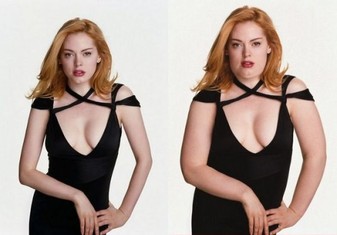| Psychological science tells us what we already know. From the treasure trove of Psychological studies, we here at IB Psychology delve into our basket of goodies to bring you a lot of stuff you no doubt already know:
|
| Pervy This may make you think differently about those photos you've been posting to Facebook. Seeing someone without their clothes my not cause us to objectify them, but we certainly start to think differently about them. Participants were shown pictures of the same target individuals who were either shown wearing clothes, topless or, ahem, wearing just a smile. Unsurprisingly, naked individuals were perceived as having less control over themselves and also as having more access to 'experience'. When pictured clothed, the same individuals were rated as being more 'capable' and 'competent'. Ecological validity? Probably pretty good. If I was walking through my university and just happened perchance (no way was I hiding up the tree!) to see a drunken, naked frat run. That is exactly what I would be thinking - not very competent but much more open to experience. | |
| Secret spice We all love a secret. Secrets can be endlessly obsessed over. Those with whom we share secrets seem more exciting and we feel that we have a much closer bond. Secretly playing footsie under a table at an experimenter's behest makes us rate our experimental partner as being much more attractive, than when this footsie was carried out openly. | The best IB Psychology IA experiment to replicate, ever? |
| Performance anxiety Have you ever been involved in close golf game with a friend where maybe a $20 is on the line? It's the 18th hole, scores are tied and you've both reached the green on the same number of shots. This putt is important. You line up your shot thinking hard about angles and how much power to put into your shot. The $20 is there in your thoughts. The shot you now play is going to be the worst you've made all day. You choke. A few conditions in this experiment. Participants were explicitly told not to over hit the golf ball. In some instances while putting they were instructed to remember a six-figure number. And all putts took place in a darkened room where the putter either glowed in dark or didn't. A glow in the dark putter enabled participants to see it in their hands and actively self monitor their shots. Being told not to overshoot the hole led to way more holes being overshot. Keeping a six figure number in your head makes it worse. Being able to monitor your shot made it worse again. The moral of the story. Relax and enjoy your golf. | Relax and enjoy your golf to reduce your 20 handicap |






 RSS Feed
RSS Feed